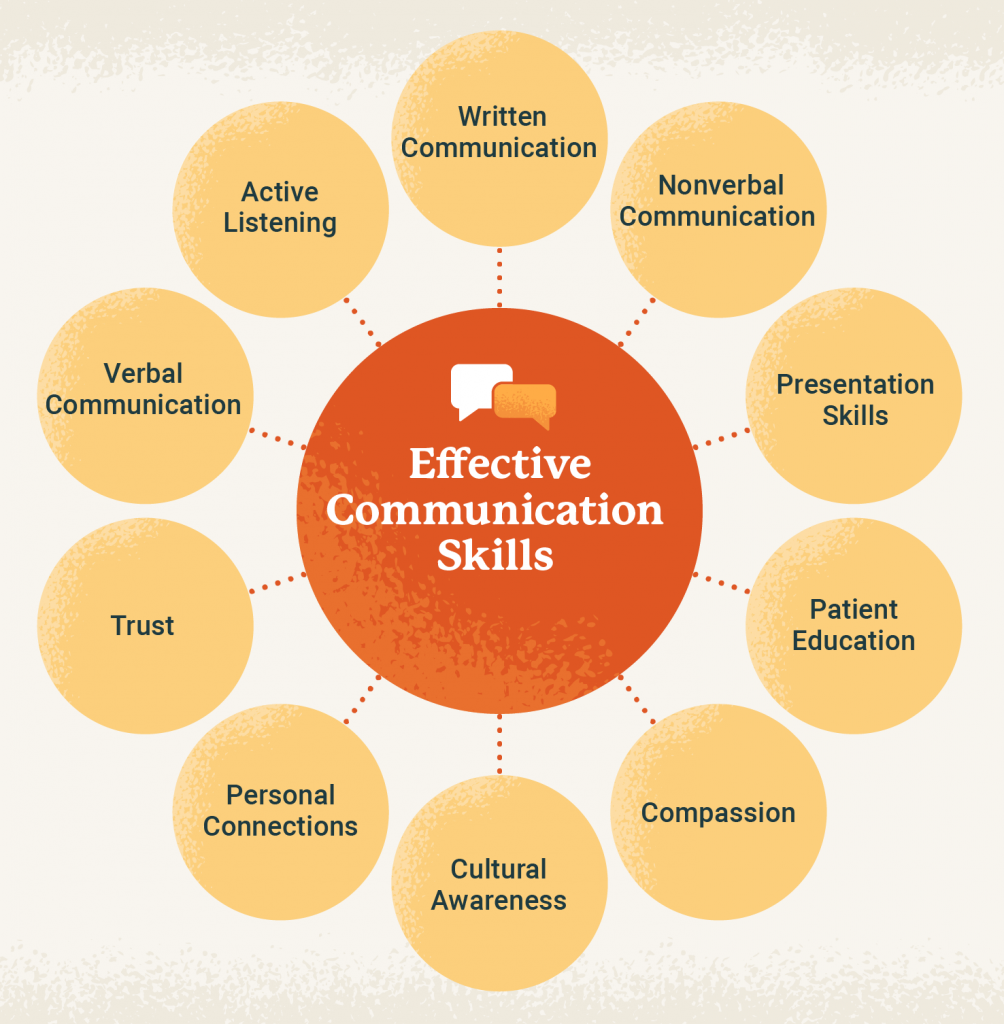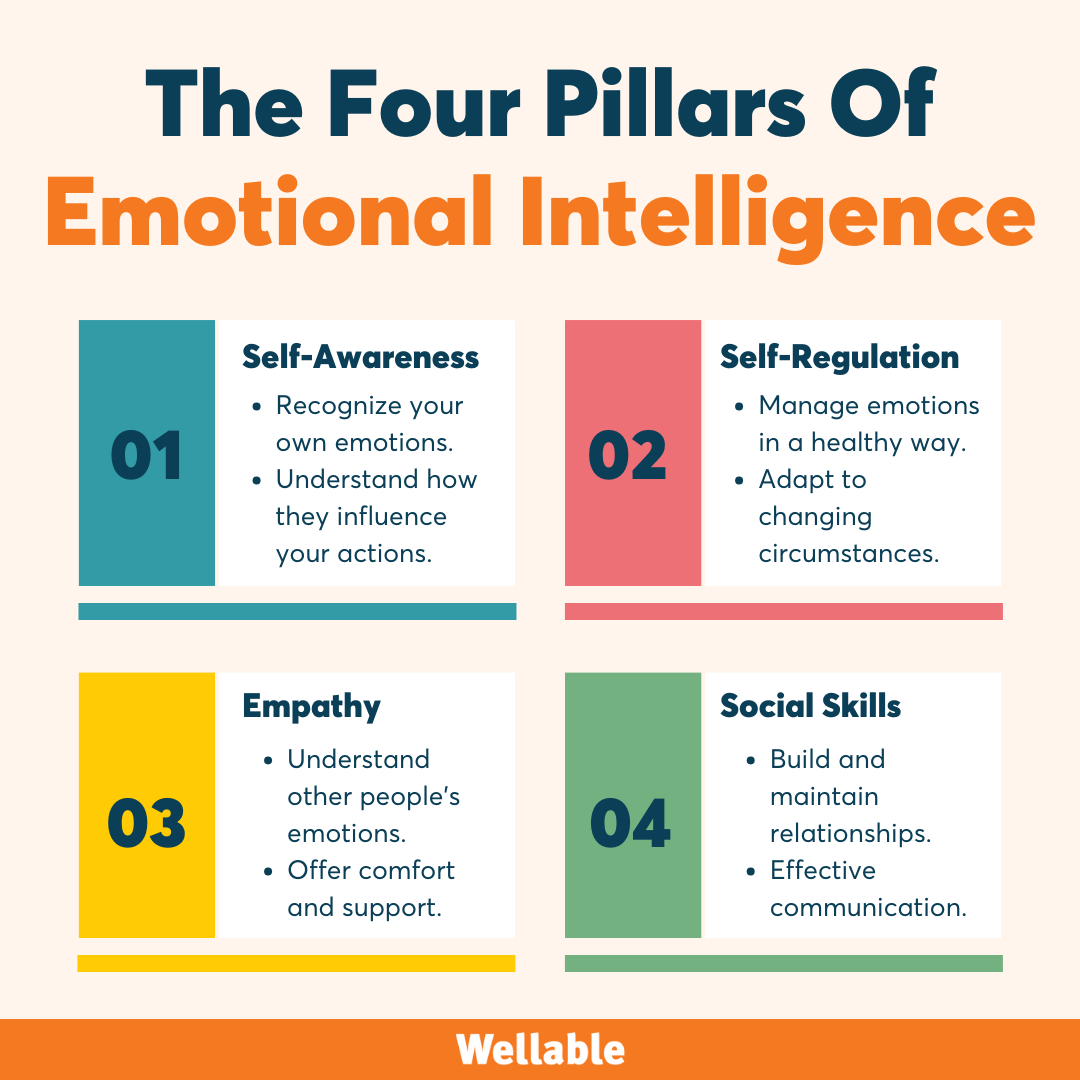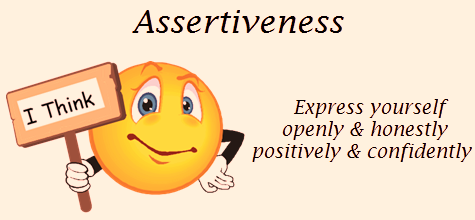Practical Tips to Develop Strong Communication Skills
Date
Jun 13, 24
Reading Time
8 minutes
Category
Other
- Introduction
- Understanding the Importance of Effective Communication Skills
- Critical Components of Effective Communication Skills
- How to Develop Communication Skills: Practical Strategies
- Practical Exercises to Enhance Communication Skills
- Conclusion
- Frequently Asked Questions (FAQs)
Table of content

Introduction
Strong communication skills are more critical than ever in today's fast-paced and interconnected world.
Whether you're a fresh graduate entering the workforce or a seasoned professional looking to advance your career, effectively communicating can set you apart from the competition and open doors to new opportunities.
According to a survey conducted by the National Association of Colleges and Employers(NACE), communication skills are the top qualities employers want.
In this comprehensive guide, we'll explore practical strategies and techniques to help you develop and hone your communication skills for success in your personal and professional life.
Understanding the Importance of Effective Communication Skills

Communication is the cornerstone of all human interaction. It's how we convey ideas, share information, build relationships, and collaborate with others.
In the workplace, good communication skills are essential for everything from delivering presentations and negotiating deals to resolving conflicts and leading teams. According to a , 86% of employees and executives cited ineffective communication as the cause of workplace failures.
Effective communication skills can enhance productivity, foster teamwork, and drive business success. For freshers entering the job market, demonstrating good communication skills can make a positive impression on potential employers and pave the way for career advancement.
Critical Components of Effective Communication Skills
Good communication skills encompass a range of abilities, including verbal, nonverbal, written, and listening skills.
Verbal communication involves speaking clearly and articulately, while nonverbal communication encompasses body language, facial expressions, and gestures. According to a survey by Forbes, only 7% of all communication is done through verbal communication. In contrast, the nonverbal components of our daily communication, such as the tonality of our voice and body language, make up 38% and 55%, respectively.
Written communication involves conveying information through written text, such as emails, reports, and presentations.
Listening skills are equally important, enabling you to understand others' perspectives, empathize with their experiences, and respond thoughtfully.
Effective communication has three fundamental pillars: clarity, confidence, and connection.

Clarity
Express your ideas clearly and concisely to ensure your message is understood as intended. Avoid jargon and ambiguous terms. Concentrate on conveying the essential message effectively. Prioritize clarity over complexity in your communication. Aim to inform and engage your audience without overcomplicating your points.
Confidence
Projecting confidence through your tone and body language demonstrates your belief in your ideas. Maintain eye contact, speak with a steady pace, and avoid fidgeting. Stand tall and use open gestures to emphasize your points. Ensure your facial expressions align with the message you are conveying.
Connection
Communication thrives on establishing a genuine rapport with your audience. Listen actively, demonstrate empathy, and tailor your message to resonate with their needs and interests. Encourage feedback to show you value their perspectives. Use examples and stories that are relatable to create a stronger connection.
How to Develop Communication Skills: Practical Strategies
Developing good communication skills is a long process, but you can follow these strategies in daily life to improve your skills. These simple strategies can quickly be adopted passively in real life.
Active Listening

One of the most valuable communication skills is active listening. Practice focusing on the speaker, maintaining eye contact, and avoiding distractions.
Reflect on what the speaker is saying without prematurely interrupting and forming a response. Use non-verbal cues like nodding to show interest in the conversation. Ask clarifying questions, and paraphrase using speakers' words to demonstrate your understanding.
By practicing active listening, you show respect for the speaker, deepen your understanding, and form stronger connections with the speaker, making it a crucial part of enhancing communication skills.
Clarity and Conciseness
When communicating verbally or in writing, strive for clarity and conciseness. Think of it like this: if your grandma can understand it, you're on the right track.
Use straightforward language, avoid jargon and technical terms, and organize your thoughts logically. Break down complex ideas into smaller, better-understandable parts.
Be mindful of your audience's level of understanding and adjust your communication style accordingly. Avoid rambling on, and keep your audience’s attention span in mind.
Complex vocabulary is good when trying to impress your friends, but when trying to get your point across, use simple, everyday words.
By implementing clarity and conciseness, you can enhance communication skills by making it easy for everyone to understand your point and thoughts.
Empathy and Emotional Intelligence

Understanding the feelings, emotions, and perspectives of others is an essential part of good communication skills.
Cultivating empathy and emotional intelligence will allow you to connect with others more deeply. Take the time to understand their feelings, perspectives, and needs.
Show empathy by acknowledging their emotions, validating their experiences, and offering support and encouragement.
Control you emotions and stay calm even in challenging situations. Demonstrate kindness and compassion when communicating, even if you disagree with someone.
Using empathy in your everyday interactions can improve your communication skills significantly.
Adaptability
Different situations, audiences, and contexts require different styles of communication. No one type of style fits all when it comes to good communication skills.
Be flexible in your communication style, tone, and approach. Tailor your message to resonate with your audience and achieve your desired outcome.
Be mindful of the reactions of others and how they respond to you, and adjust your style accordingly.
In today's multicultural workplaces, it is essential to be mindful of the cultural differences. Adapting your style accordingly helps you bridge the communication gap and build rapport.
Communication styles are constantly evolving. Even technologies alter the way we communicate. Embracing the change and adapting your communication style accordingly will enhance your communication skills immensely.
Confidence and Assertiveness

Confidence and assertiveness are essential for commanding attention and conveying credibility. When you speak confidently, you speak in a more straightforward manner and attention-grabbing tone.
The key to speaking confidently is believing in yourself. Believe that your voice matters and your ideas are valuable. Prepare well if you are giving presentations or speeches. Practice with friends and family, in front of a mirror, or by recording yourself to learn your tone and speaking manner, which will enhance communication skills.
Assertiveness doesn't mean forcefully conveying your points by speaking over others. Assertiveness means you stand by your points without knocking down others. Assert yourself respectfully, establish boundaries, and advocate for your needs and interests.
Implementing confidence and assertiveness in everyday life is crucial in improving your communication skills.
Suggested Reading : 10 Tips to Ace Your Job Interview
Practical Exercises to Enhance Communication Skills
The only way you can enhance your communication skills is through practice. Here is a list of activities to practice and improve your communication skills. Implementing the above strategies in these activities will polish your skills greatly.
Public Speaking
Public speaking is a powerful exercise for developing communication skills. It's normal to feel nervous or anxious when speaking in front of a crowd. Still, with practice and preparation, you can overcome your fears and become a confident and compelling communicator.
Practice public speaking by delivering presentations, participating in group discussions, or joining a Toastmasters club. Focus on controlling your nerves, engaging your audience, and delivering your message confidently and clearly.
Remember that everyone makes mistakes, and it's okay to occasionally stumble or forget your words. The key is to keep calm, take a deep breath, and continue speaking.
So, stepping out of your comfort zone and embracing the challenge will significantly improve your confidence and communication skills.
Role-Playing
Role-playing is a fun and practical way to enhance communication skills. Engage in role-playing exercises to simulate real-life communication scenarios.
Partner with a colleague or friend and take turns playing different roles, such as a customer service representative and a dissatisfied customer. Practice active listening, empathy, and problem-solving to navigate the conversation effectively.
Reflecting on the performance will help you identify the areas of improvement. Choosing challenging scenarios to practice conflict management will make you a great communicator.
Writing Workshops
Apart from oral communication skills you need to work on your written communication also. Written communication is an integral part of the professional life.
Attend writing workshops or online courses to improve your written communication skills. Learn techniques for crafting clear, concise, and compelling written content, such as emails, reports, and proposals.
Practice writing regularly and seek feedback from peers or mentors to refine your writing style.
Networking Events
Networking events provide a valuable opportunity to practice and enhance communication skills.
Attend networking events, conferences, or industry seminars to expand your professional network and practice your communication skills. Strike up conversations with strangers, introduce yourself confidently, and engage in meaningful discussions.
Actively listen to others, ask open-ended questions, and exchange contact information to nurture new connections.
By observing effective communicators at such events, you can learn styles and types of word usage, body language, and tone during conversations.
Conclusion
Effective communication is a fundamental skill that can advance your career and enrich your relationships.
By understanding the importance of communication, mastering key components, and practicing practical strategies and exercises, you can develop strong communication skills that will serve you well throughout your professional journey.
Remember, communication is a skill that can be learned and improved upon with practice and dedication. Committing to continuous learning and embracing growth opportunities can enhance your communication skills and achieve your goals. Start today and take proactive steps towards building a brighter and more skilled future for yourself by developing your communication abilities. In today's competitive world, enhancing your skills and cultivating strong communication qualities are essential for career growth and personal fulfillment.
Relinns Technology offers an excellent platform to achieve these goals. At Relinns, you can discover a wealth of career opportunities designed to help you excel. The company is dedicated to helping you enhance your skills, particularly in communication, through hands-on projects and continuous learning. By joining a team of passionate professionals and working on cutting-edge technologies, you will not only contribute to innovative projects but also hone your communication capabilities.

Frequently Asked Questions (FAQs)
How can I improve my active listening skills?
To enhance active listening, start by eliminating distractions and focusing your full attention on the speaker. Engage in reflective listening by paraphrasing what the speaker says to demonstrate understanding. Utilize non-verbal cues such as nodding and maintaining eye contact to show interest and encourage the speaker to continue. Asking clarifying questions and avoiding interrupting are crucial for active listening.
What role does empathy play in effective communication?
Empathy is a cornerstone of effective communication skills, improving understanding, trust, and connection with others. By actively listening and demonstrating empathy, you acknowledge the emotions and perspectives of others, creating a supportive and inclusive environment. Showing empathy involves validating others' experiences, offering support, and responding with kindness and compassion. Empathy cultivates stronger relationships and enhances the overall quality of interactions.
How can I build confidence in my communication skills?
Building confidence in communication skills requires a combination of self-belief, preparation, and practice. Begin by acknowledging your strengths and areas for improvement, cultivating a positive mindset, and setting achievable goals for skill development. Practice speaking in front of a mirror or recording yourself to build confidence gradually. Embrace feedback and remember that confidence grows with experience and consistency.
How to improve your communication skills effectively?
Practice active listening to understand others and respond thoughtfully and truly. Enhance your clarity by organizing your thoughts before speaking or writing. Regularly seek feedback on your communication style and adapt based on the responses to improve continuously.
How can I become more persuasive in my communications?
Focus on understanding your audience's needs and motivations. Use clear, compelling arguments backed by concrete data or examples. Structure your message in a logical, accessible way, and practice delivering it with confidence and enthusiasm to persuade effectively.

